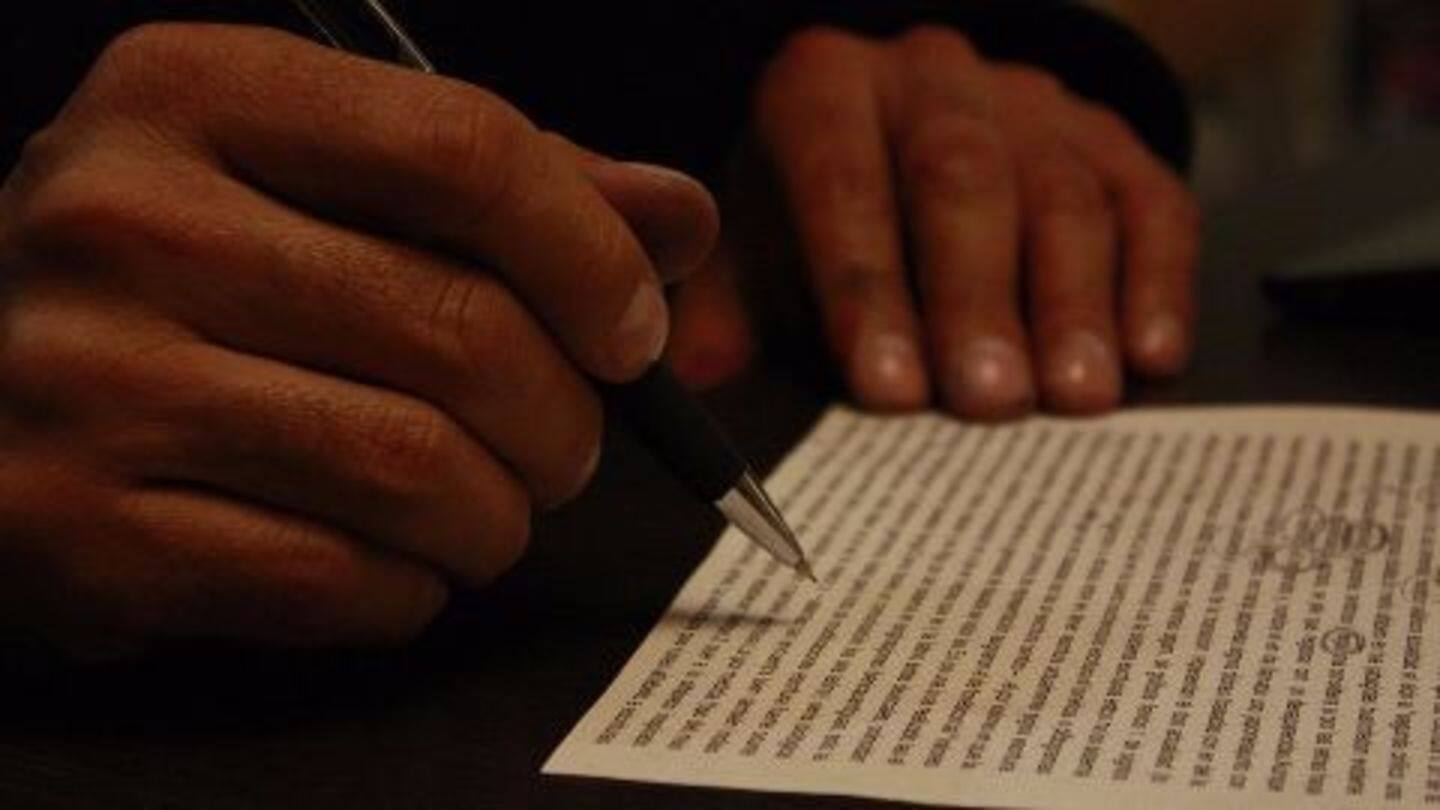
India-Maldives to sign cooperation treaty on terror
What's the story
India and Maldives are set to sign an agreement for cooperation on terrorism, transnational crime and criminal matters. The Union cabinet headed by PM Modi gave approval for the signing of a Mutual Legal Assistance Treaty (MLAT) between India and the Maldives. The treaty will provide legal framework for cooperation with Maldives in investigation, prosecution, confiscation of proceeds meant to finance terror acts, etc.
Definition
Mutual Legal Assistance Treaty (MLAT)
MLAT is an agreement between two or more countries for the purpose of gathering and exchanging information in an effort to enforce public laws or criminal laws.
Why?
MLAT significance
Countries across the world sign MLATs to establish cross border cooperation. MLAT is one of the many mechanisms used for international cooperation. It could be bilateral or multilateral. It is useful in fighting against terrorism, money laundering, smuggling, human trafficking, etc. especially since they allow for access to and sharing of data with any country that is a party to the agreement.
Nodal Ministry
MHA, the central authority for MLATs in India
Mechanisms have been developed among nations for requesting and obtaining evidence for criminal investigations and prosecutions. In India, the Ministry of Home Affairs is the nodal Ministry and the Central authority for seeking and providing mutual legal assistance in criminal law matters. The Ministry of Home Affairs (MHA) receives all such requests, examines them and takes appropriate action.
Information
India's MLAT pacts
India currently has MLATs with 39 countries. This include United States, Australia, United Kingdom, France, Russia, UAE, etc. India signed its first MLAT with Switzerland in 1989. The latest of them was signed with Israel in 2015.
6 Oct 2015
Germany refuses to sign MLAT with India
During German Chancellor Angela Merkel's visit to India, several MoUs have been signed but MLAT was not one of them. Germany refused to sign MLAT with India, citing its provision for "death penalty" for heinous crimes and terror activities. India and Germany have been negotiating to sign the MLAT in criminal matters since 2007 but have not been able to reach a conclusion.